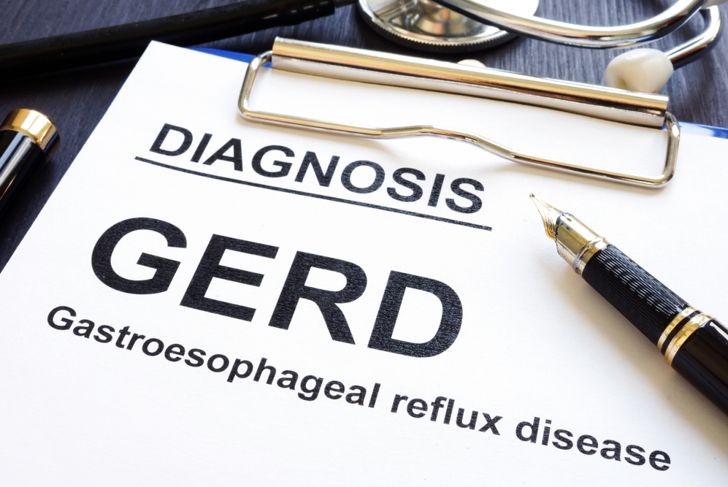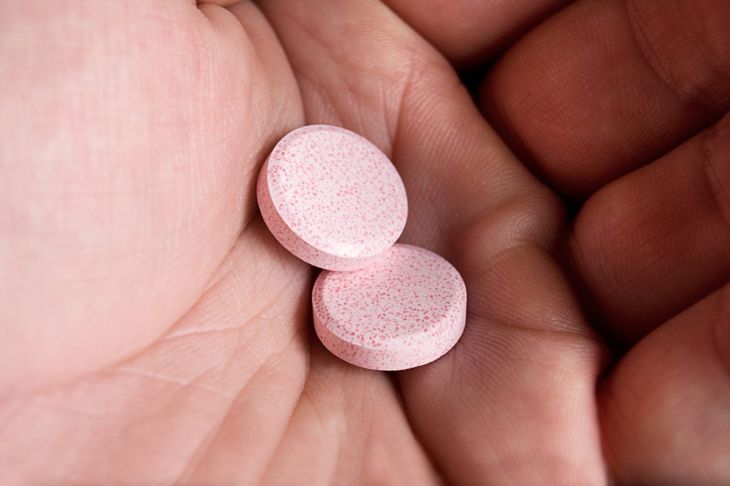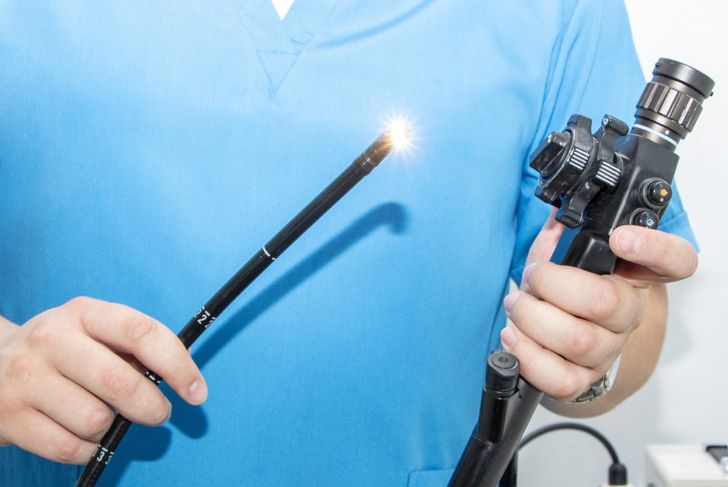The esophagus is made of muscles that work together to transport food into the stomach. After swallowing, food or liquid passes into the esophagus, and the muscles contract, flexing and relaxing to create a wave of movements called peristalsis. When someone has an esophageal spasm, these muscle contractions are either too weak or too strong, making it difficult for food or liquid to pass from the mouth to the stomach.
Diffuse or Distal Esophageal Spasm
Ineffective muscle contractions typically happen in the lower part of the esophagus and are called diffuse or distal esophageal spasms. During this type, multiple segments of the esophagus contract independently of one another instead of in a smooth, coordinated motion, preventing the wave of movement needed for effective peristalsis.
Nutcracker Esophagus
Another type of esophageal spasm is “nutcracker esophagus.” In severe cases, these spasms are called hypercontractile peristalsis or jackhammer esophagus. Both are hypertensive spasms caused by intense muscle contractions that typically involve most of the esophagus and can last for an extended period. Jackhammer esophagus is more clinically relevant than nutcracker esophagus.
Causes
The causes of esophageal spasm are unknown. Some believe that the problem results from faulty nerves that interrupt communications received from the brain. Excessive acid from gastroesophageal reflux disease (GERD) may also contribute. Esophageal spasms are sometimes triggered by eating or drinking very hot or cold food or drink, but spasms can happen at any time, with or without a trigger.
Symptoms
Esophageal spasms have multiple symptoms that range from mild to severe. Sometimes, people having an esophageal spasm have a difficult time swallowing certain foods. They may feel like food is stuck in their throat or regurgitate after swallowing. In some cases, esophageal spasms present as intense chest pain that can feel like heartburn, though the pain can be intense intense enough to be mistaken for a heart attack.
Esophageal Manometry
Esophageal manometry is a diagnostic test for esophageal spasms and other swallowing disorders. It measures the function of the lower esophageal sphincter, the band of muscle at the end of the esophagus that allows food to pass into the stomach while also preventing the stomach contents from backing up into the esophagus. The test shows whether or not the esophagus can move food into the stomach effectively by measuring the contractions of the esophagus when swallowing.
Other Testing
Other testing performed to diagnose esophageal spasms are x-rays of the upper digestive system and upper endoscopy. Before an x-ray, the patient drinks a chalky liquid that coats the lining of the esophagus, stomach, and upper intestine to give the doctor a better view of the area. In an upper endoscopy, a thin, flexible tube with a light and a camera on the end is inserted into the mouth, down the esophagus, and into the stomach. This procedure allows for visual examination of the tissue, and the doctor can collect tissue for a biopsy if needed.
Pharmacological Treatment
Because the cause is unknown, esophageal spasms are difficult to treat. Some medications may be effective, including anticholinergics, nitroglycerin, calcium channel blockers, and long-acting nitrates. Botulinum toxin type A may also be injected into the esophageal sphincter to relax the muscle, but this is a rare approach to treatment.
Surgical Treatment
If medication is not effective, the doctor may recommend surgery. This procedure involves cutting the muscle at the distal end of the esophagus to weaken muscle contractions. There are not many long-term studies of this intervention, so it is not always recommended, but a doctor may consider it as a last resort.
Prevention
Because there is no definitive cure, one of the best ways to prevent esophageal spasms is to manage underlying conditions. Medications like proton pump inhibitors are used to treat GERD and may prevent esophageal spasms or decrease their frequency. Avoiding triggers may also help, but remember that not all spasms have triggers.
Outlook
Esophageal spasms can affect one’s quality of life. They can cause pain and discomfort and may lead to avoiding certain foods and drinks. That said, esophageal spasms are not considered a serious health threat and do not cause esophageal cancer. Prognosis varies depending on the frequency and severity of symptoms, and treatment and active prevention can help considerably.

 Home
Home Health
Health Diet & Nutrition
Diet & Nutrition Living Well
Living Well More
More




















